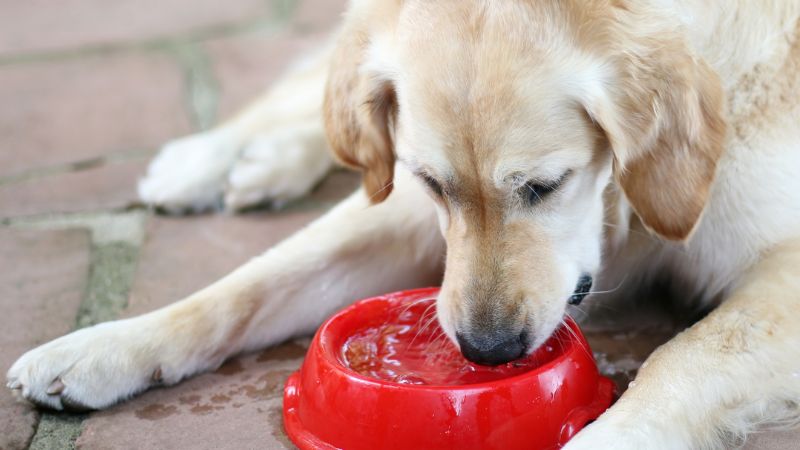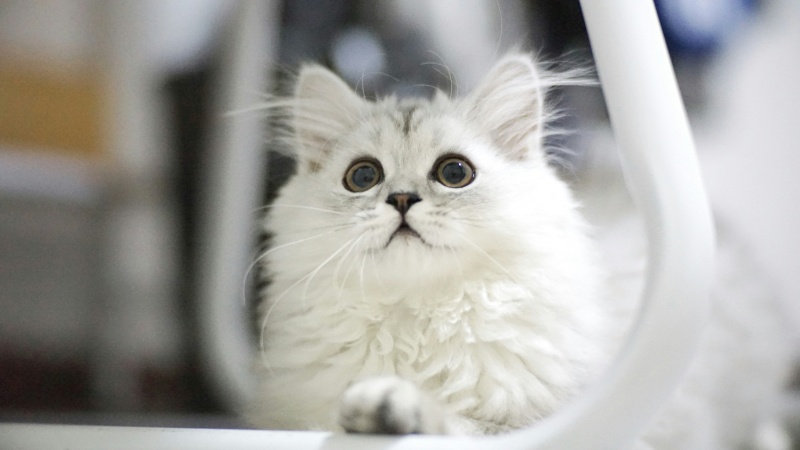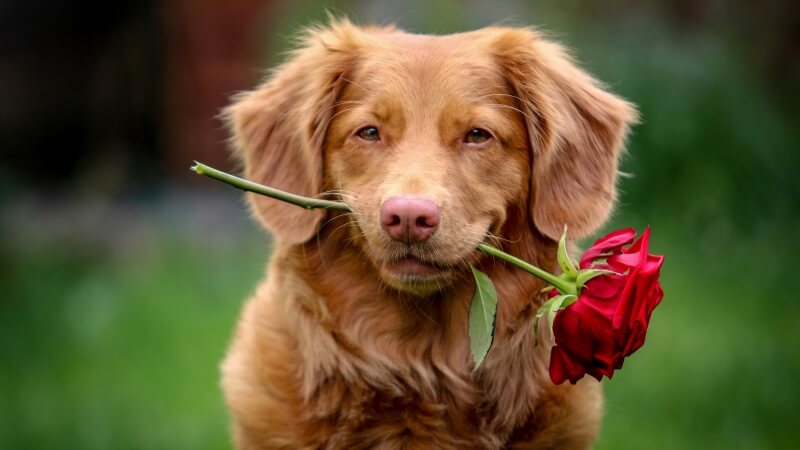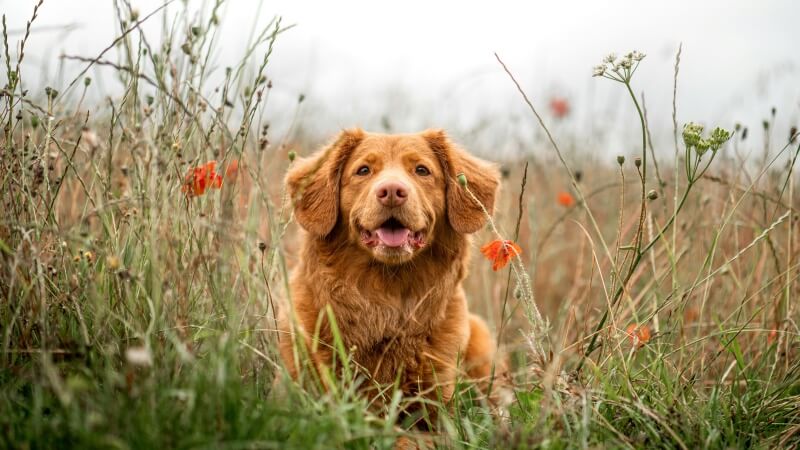
How To Craft A Cozy Cat Vest From Fabric Strips
Have you ever seen your feline friend lounging around and thought, “What could possibly make this picture more adorable?” The answer is simple: a cat

Does your old dog drink a lot of water? As dogs age, they often show changes in habits. Many senior dogs eat and exercise less, but their sleep and water intake may increase.
While a slight increase in drinking is normal, excessive water consumption can be a warning sign of more serious health issues, particularly in their golden years. Read on to understand the signs to watch out for.
Excessive Thirst in Dogs, known as polydipsia, can be a concerning health issue for your furry companion if left unattended. If you notice your dog consistently consuming a larger amount of water than usual over several days, it’s crucial to promptly seek the expertise of your veterinarian, particularly as your dog enters its senior years. Timely intervention can help identify underlying causes and ensure the well-being of your beloved pet.
When dogs exhibit excessive thirst or your dog drinks a lot of water, it may be a sign of one or more of the following conditions:
Several other factors can contribute to your old dog drinking a lot of water, including but not limited to:
Keep a close eye on your senior dog’s energy levels, urinary and bowel habits, temperament, and appetite. If excessive thirst is accompanied by other behavioral changes, it further underscores the need for veterinary attention. Try to remain calm, as pets can sense anxiety. Many conditions, when detected early, can be effectively managed or cured.
It’s crucial to know when increased water consumption in your senior dog warrants a visit to the vet. While some changes in drinking habits are normal with age, certain signs indicate that professional help is needed:
Read more details about preparing for a vet visit from Pet Vet Guide, and here are 3 easy steps for you:
Plus, during the vet visits, you might also want to discuss the benefits of a quality dog harness for your senior pet.
A well-designed harness, like our tactical dog safety harness, offers great support and comfort for your older dog, especially during walks and outdoor activities. It can be a great addition to their routine, keeping them safe and happy!
By understanding these signs and acting promptly, you can ensure that your senior dog receives the care they need, potentially preventing more serious health issues. Always remember, when in doubt, it’s better to err on the side of caution and consult with a veterinarian.


Have you ever seen your feline friend lounging around and thought, “What could possibly make this picture more adorable?” The answer is simple: a cat

The moment you consider a dog hunting vest for your adventurous companion, you’re stepping into a world where safety meets functionality. This vest is not

The concept of a dog cooling vest is a game-changer for pet owners looking to enhance their dog’s comfort during those relentless summer days. Imagine

When you first consider crafting a tactical dog vest, it’s not just about embarking on a fun DIY project; it’s about ensuring your furry companion’s

Have you ever seen your feline friend lounging around and thought, “What could possibly make this picture more adorable?” The answer is simple: a cat

The moment you consider a dog hunting vest for your adventurous companion, you’re stepping into a world where safety meets functionality. This vest is not

The concept of a dog cooling vest is a game-changer for pet owners looking to enhance their dog’s comfort during those relentless summer days. Imagine

When you first consider crafting a tactical dog vest, it’s not just about embarking on a fun DIY project; it’s about ensuring your furry companion’s
Secure and Empower, Walk Responsibly
Copyright © 2024pettacticalharness. All Rights Reserved.